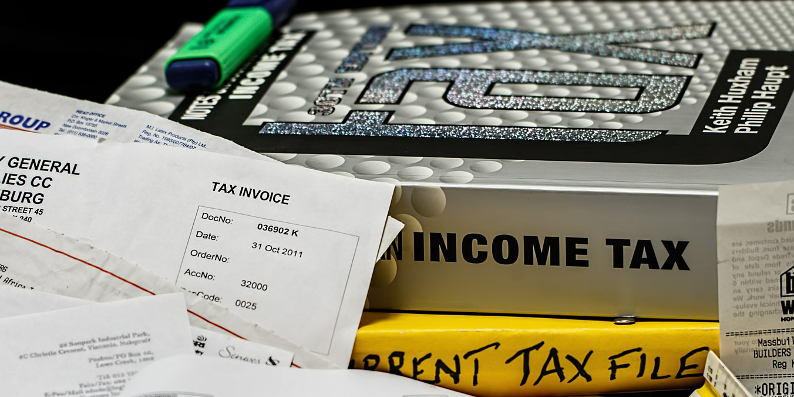How To Register For Self Assessment Tax Returns

For self-employed people, HMRC have a different tax year to the normal calendar year. Their year starts on 6th April this year and ends 5th April next year. This can be confusing.
- HMRC have a registration deadline of 5th of October after the end of the relevant tax year;
- HMRC have a filing deadline for paper returns of 31st October;
- HMRC have a later filing deadline for online returns of 31st January.
This is also confusing, but it's Ok once you get the hang of it.
Beware: the deadline for paying your taxes is also 31st January!
You register for self-assessment after you start trading and take it from there. They will write you to inform you when your returns are due.
→ Need tax help? Contact us here
You will need to submit the following:
- Title (Mr., Mrs etc);
- Name;
- Address;
- National Insurance number;
- Telephone number;
- Unique Taxpayer Reference (UTR, if you already have one).
If you don't have a UTR number, HMRC will issue you one as part of the reference number on every letter they subsequently send you. Along with your National Insurance number, it acts as a unique identifier.
Using this number, you may then register online to submit your tax returns electronically, or you can use the old-fashioned paper format (Form SA100).

Partial Screenshot Of Paper Form SA100
You will be posted within 10 working days another letter with your Government Gateway Activation Code. This has to be used within 28 days to activate your online account.
We would recommend the electronic format submission, as one is prompted for the answers to the necessary questions online and can revise as one goes along.
You may nominate a tax advisor to submit on your behalf, using HMRC's 'authorising your agent' (64-8) form.
If you do not file your returns on time, you will be fined, unless you can furnish a reasonable excuse HMRC will accept. The fines start at £100, and then escalate after three months.
Who needs to register?
- Self-employed;
- Company directors;
- Shareholders;
- Partners (members) in general partnerships;
- Partners in limited liability partnerships (LLPs);
- Landlords with rental income over £2,500 from UK property or land;
- Employees claiming expenses over £2,500 in the tax year;
- Individual with income over £100,000 in the tax year.
Note: in the UK you are not taxed on all your income. There is a tax-free allowance. In 2017-2018 it is £11,500. So any profit you make after that is taxable.
→ Need self-assessment help? Contact us here
Who qualifies as self-employed?
- You run your business for yourself;
- You can hire other people;
- You control when, how and where you work;
- You have your own equipment;
- You have more than one customer at one time;
- You complete unfinished or unsatisfactory work in your own time;
- You charge an agreed fee to your customers;
- You regularly sell goods or services for a profit.
Occasionally selling unwanted knick-knacks on eBay doesn't count. Hiring yourself out as a web-designer does.
You must keep adequate records of any sales or outgoings connected with your business; cash at bank, income, expenditure, depreciations etc. so that you or an accountant you employ can give accurate answers to the questions on the tax-return form.
→ Need help submitting returns? Contact us here
50% Off Directors Address service
If you also buy the Registered Office Address and Business Address services.
FREE Company Formation (Was £20)
With every Registered Address service. Submit in as little as 60 seconds!
£25 Off Dormant Company Accounts
Let our accountancy team file this with Companies House within 24 hours!









 Go Paperless
Go Paperless